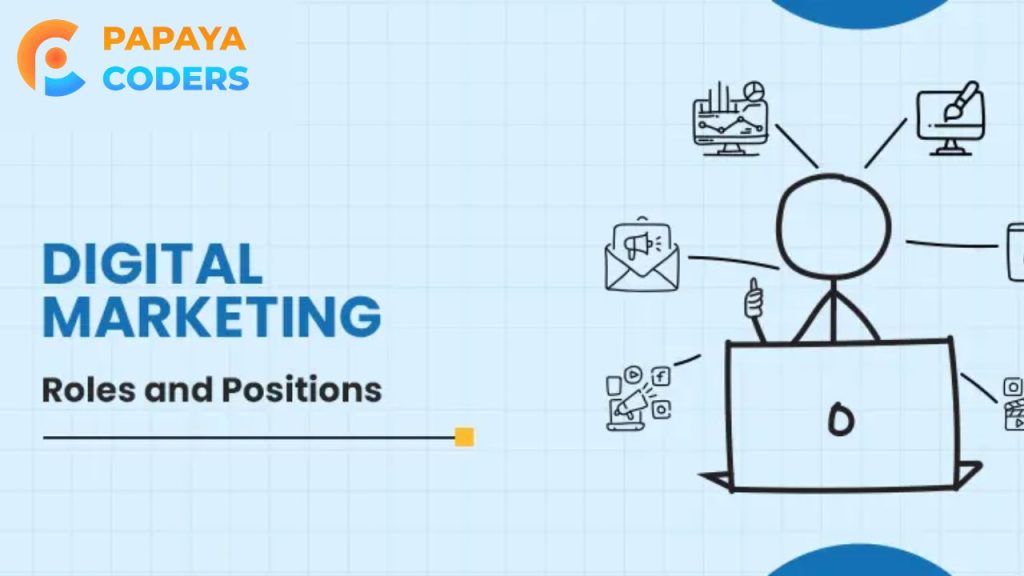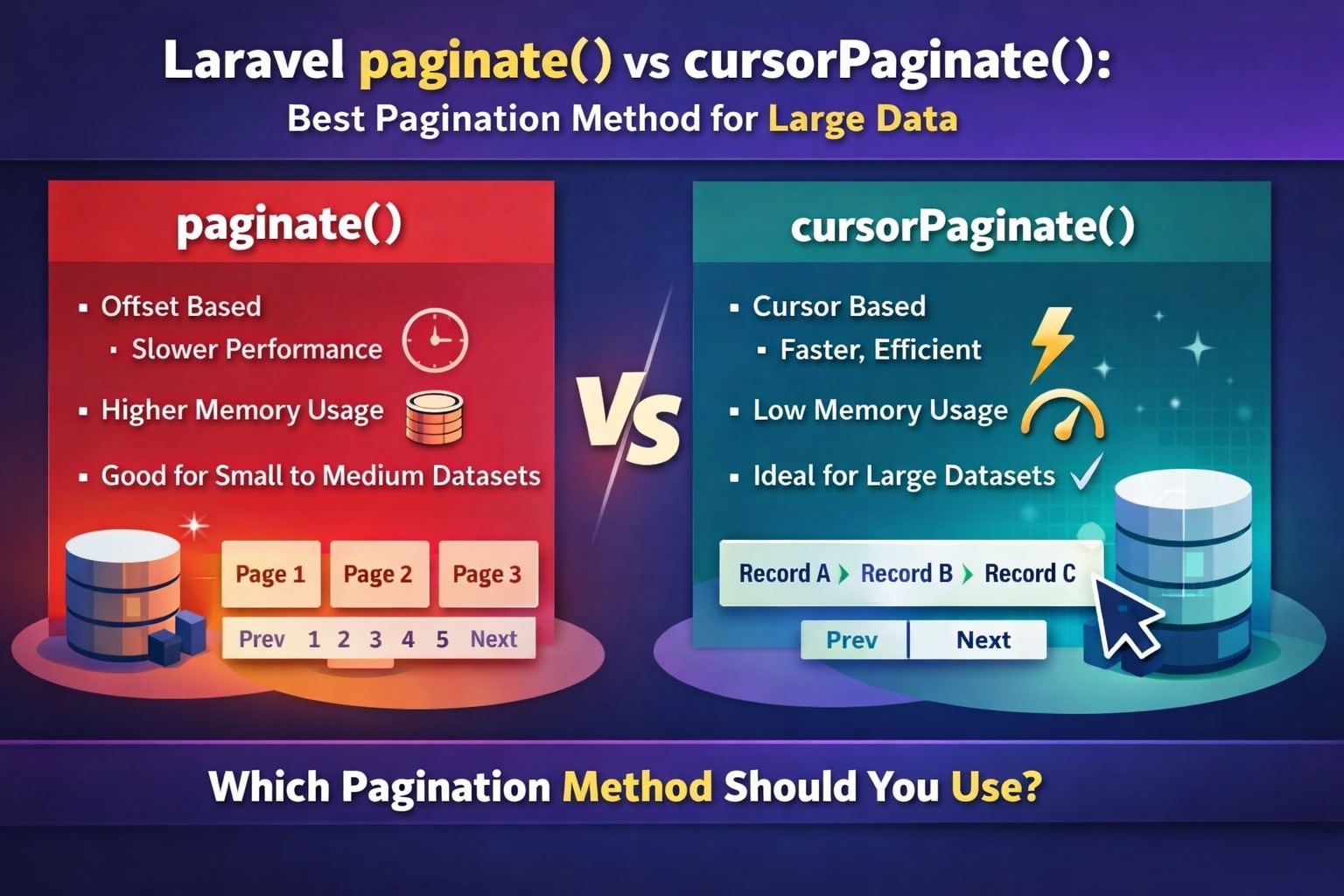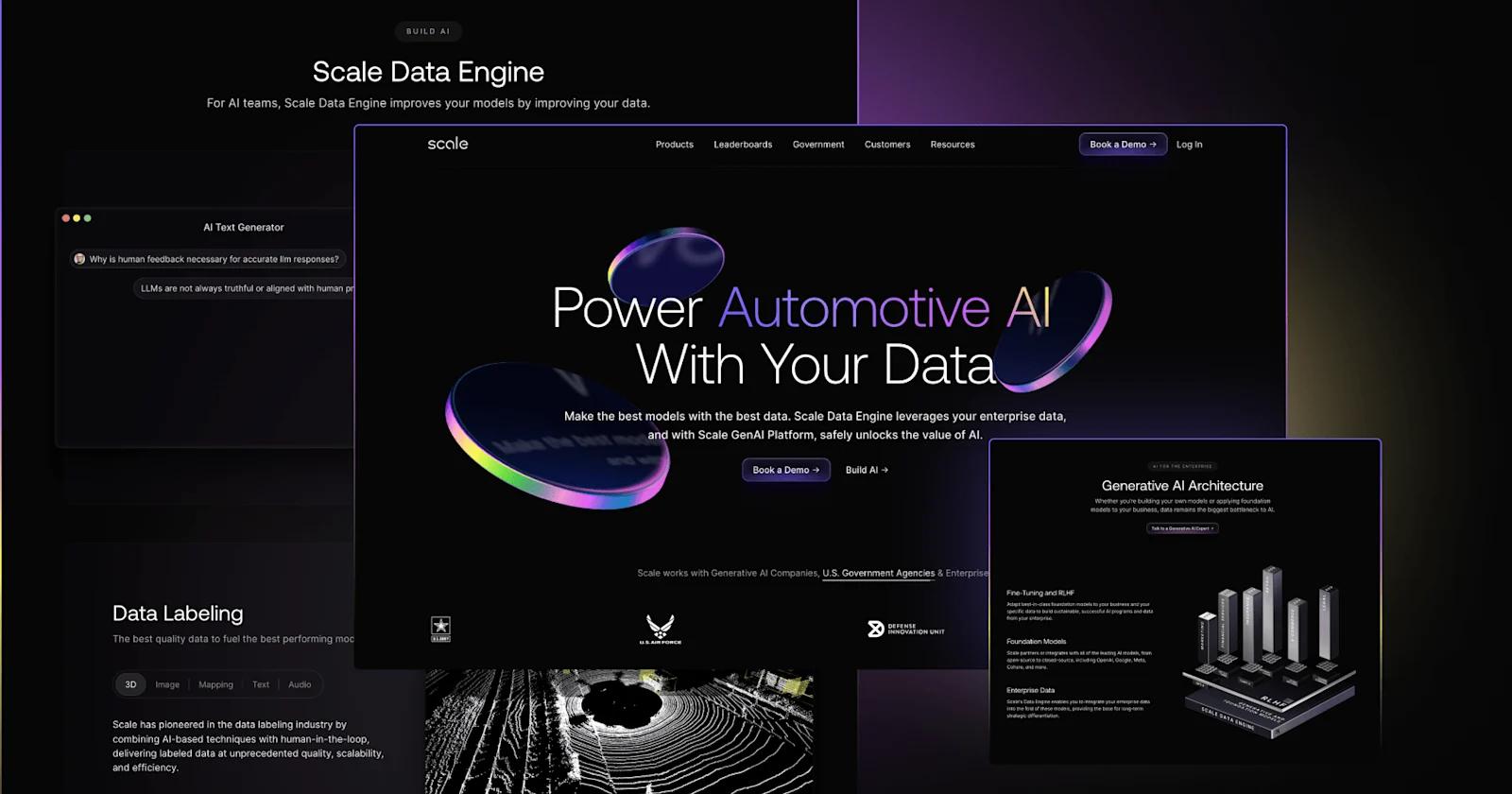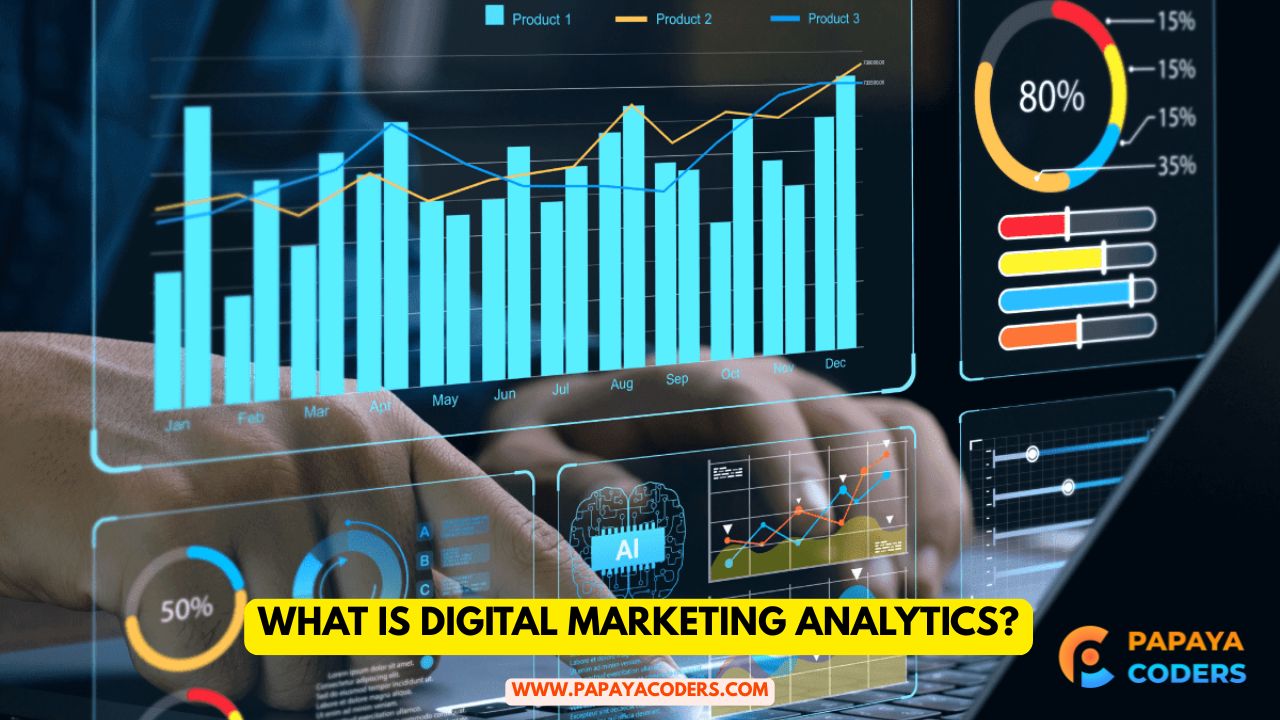In today’s digital age, businesses rely heavily on digital marketing to reach their audience, create brand awareness, and increase revenue. Digital marketing is a vast domain with various roles and responsibilities that aim to leverage online platforms for promotional activities.
Understanding these Digital Marketing Roles and Responsibilities is crucial for anyone aspiring to build a career in this field or improve their business’s online presence.
What is Digital Marketing?
Digital marketing involves using online platforms, digital channels, and technology to promote products or services. It encompasses various activities such as search engine optimization (SEO), content marketing, social media marketing, email marketing, pay-per-click (PPC) advertising, and more.
Key Digital Marketing Roles
Here’s a breakdown of the most common roles in digital marketing:

1. Digital Marketing Manager
The Digital Marketing Manager oversees the entire digital marketing strategy. This role involves planning, executing, and monitoring marketing campaigns to meet business objectives.
Responsibilities:
- Develop and implement comprehensive digital marketing strategies.
- Analyze campaign performance using analytics tools.
- Collaborate with other teams, such as content creators and designers.
- Stay updated with the latest marketing trends and technologies.
- Budget allocation for various marketing channels.
2. SEO Specialist
An SEO Specialist ensures that a company’s website ranks high on search engines like Google. They optimize website content to increase visibility and drive organic traffic.
Responsibilities:
- Perform keyword research to identify high-traffic, relevant terms.
- Optimize website content for search engines.
- Analyze competitors’ SEO strategies and implement improvements.
- Track website performance using tools like Google Analytics and SEMrush.
- Implement technical SEO practices to improve website usability.
3. Content Marketing Specialist
Content is king in digital marketing, and Content Marketing Specialists play a key role in creating, curating, and distributing engaging content.
Responsibilities:
- Develop content strategies aligned with business goals.
- Create blog posts, articles, infographics, and videos.
- Optimize content for search engines (SEO).
- Analyze content performance and make data-driven adjustments.
- Collaborate with designers and video creators to produce compelling visuals.
4. Social Media Manager
A Social Media Manager manages a brand’s presence across various social media platforms such as Facebook, Instagram, Twitter, and LinkedIn.
Responsibilities:
- Create and schedule engaging posts.
- Interact with followers and respond to inquiries or comments.
- Analyze social media performance metrics.
- Run social media ad campaigns and optimize them for better results.
- Keep up with trending topics to ensure relevant and timely content.
5. PPC Specialist
Pay-per-click (PPC) advertising is a crucial aspect of digital marketing, and PPC Specialists manage paid advertising campaigns.
Responsibilities:
- Plan and execute PPC campaigns on platforms like Google Ads and Bing Ads.
- Perform keyword research for targeted advertising.
- Monitor and optimize ad performance to improve ROI.
- Prepare reports on campaign metrics and outcomes.
- Manage budgets for ad campaigns.
6. Email Marketing Specialist
Email marketing remains one of the most effective digital marketing tools. Specialists in this area focus on connecting with customers through email campaigns.
Responsibilities:
- Design and execute email marketing campaigns.
- Create personalized and automated email sequences.
- Analyze email performance metrics like open rates and click-through rates.
- Ensure compliance with data protection regulations such as GDPR.
- Build and maintain email subscriber lists.
7. Web Analytics Expert
Analytics experts specialize in interpreting data from various platforms to provide actionable insights.
Responsibilities:
- Set up tracking tools like Google Analytics.
- Monitor and report website traffic and user behavior.
- Identify trends and patterns in marketing performance.
- Provide recommendations to improve campaign efficiency.
- Evaluate ROI for digital marketing initiatives.
8. Affiliate Marketing Manager
Affiliate marketing involves partnerships with affiliates who promote a company’s products or services. Managers in this domain ensure the success of affiliate programs.
Responsibilities:
- Recruit and manage affiliate partners.
- Track affiliate performance and calculate commissions.
- Provide affiliates with promotional materials.
- Optimize affiliate programs for better performance.
- Ensure ethical practices among affiliates.
Essential Skills for Digital Marketing Professionals
To succeed in digital marketing, one must possess technical and soft skills. These include:
| Skill | Description |
|---|---|
| Analytical Thinking | Interpret data effectively and make informed decisions. |
| Creativity | Develop innovative campaigns and engaging content. |
| Technical Proficiency | Expertise in tools like Google Analytics, SEO software, and CRM platforms. |
| Communication Skills | Clear, persuasive interaction with teams and customers. |
| Adaptability | Stay updated with evolving digital marketing trends. |

Conclusion:- Digital Marketing roles
Digital marketing roles are diverse and dynamic, each contributing uniquely to the overall success of a business. Each role requires specific skills and responsibilities, from strategizing campaigns to analyzing performance metrics.
Whether you’re a business owner looking to build an in-house team or an aspiring digital marketer, understanding these roles will help you effectively achieve your marketing goals.
As digital marketing continues to evolve, these roles will continue to be critical in driving business growth in the digital sphere.
Read also:-








